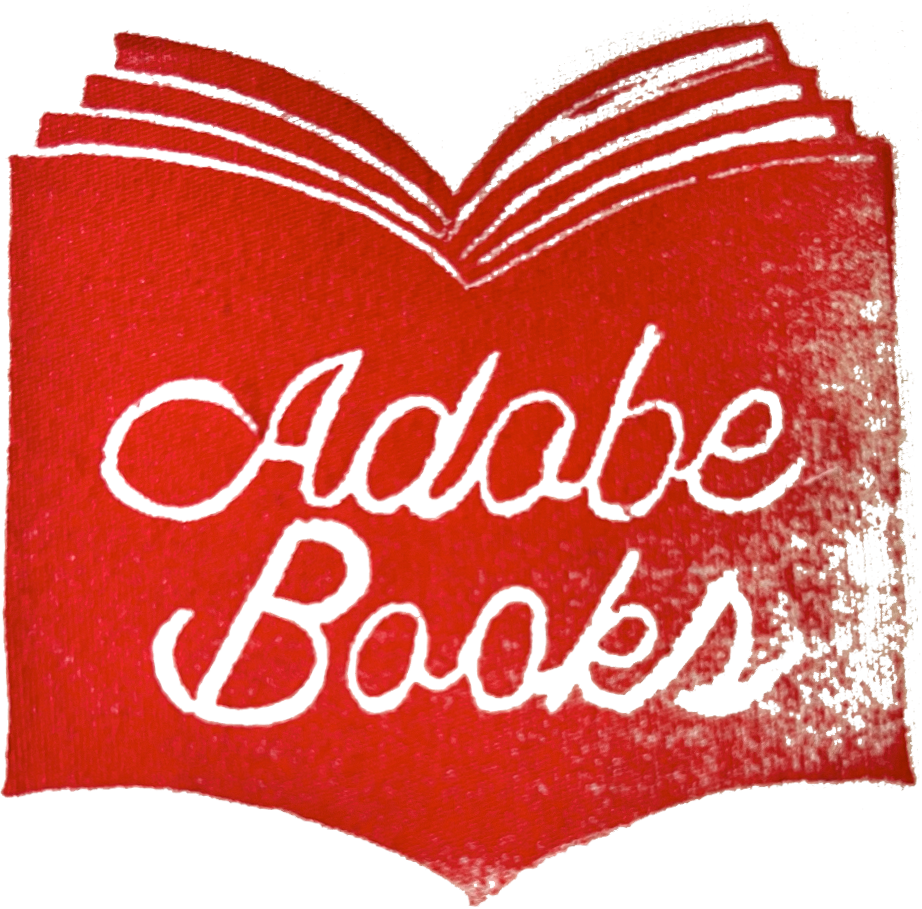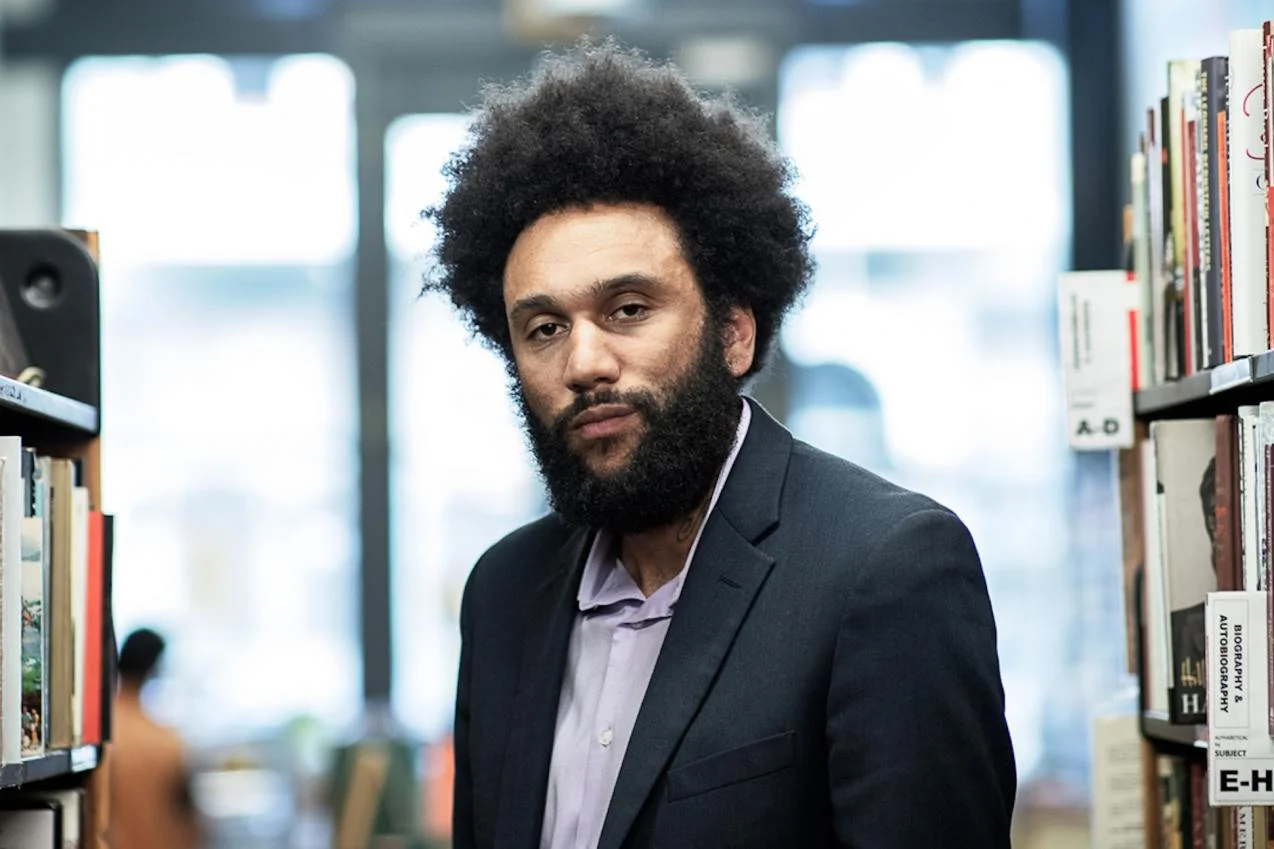2018 was a wonderful year for Adobe. As a cooperative, we gained several new members; you could be the next one…start volunteering now! We had amazing shows in our gallery space and incredible events in the bookstore. Perhaps most importantly, we read a lot of books. Below is an unstructured list (who needs rankings anyway) of our favorite books, new and old, that we read in 2018.
And please do stop by our Winter Solstice party on December 21!
‘A LIFE OF MY OWN’ by Claire Tomalin (Penguin Press, 2018). Claire Tomalin, the esteemed biographer of Jane Austen, Charles Dickens, Samuel Pepys and others, takes a literary selfie in this understated but profoundly moving memoir. Tomalin speaks matter-of-factly about her complicated childhood, tumultuous marriage, friendships with famous writers and her experiences as a mother who lost two children, one to suicide. By the end of the book, you feel you would love to have her as a friend.
‘BAD BLOOD’ by John Carreyrou (Alfred A. Knopf, 2018). An absolute page-turner. This is a scintillating exposé of a bogus biotech company, Theranos, and its founder, Elizabeth Holmes, who appears to have operated with a lethal combination of the misguided genius, psychosis, and greed that is still highly valued in Silicon Valley. Motivated by a lingering childhood fear of needles, Holmes wanted to revolutionize the blood test as we know it and make it cheaper, quicker, and easier. Disruption was the goal, but deception and disaster ensued.
‘CANE’ by Jean Toomer (Boni & Liveright, Inc., 1923). An underrated classic of the Harlem Renaissance, Cane is a truly modernist work that masterfully rose above popular (white) expectations of what black writing could (should) be in the 1920s. The book is made up of evocative, impressionistic vignettes in prose and poem form of black life in the country and city. And contrary to many works of literary innovation from the early 20th century, Cane reads as engaging and essentially relevant in 2018.
‘THE RAINCOATS’ by Jenn Pelly (Bloomsbury Academic, 2017). Jenn Pelly’s deep dive on The Raincoats’ self-titled debut album is a compelling read that sheds light on one of punk’s most influential and mysterious documents. Tireless research and in-depth interviews with the members of the band and their myriad admirers contextualize The Raincoats’ classic debut without explaining away its magic.
‘THE OVERSTORY’ by Richard Powers (W.W. Norton and Company, 2018). [We liked this one so much, it gets two blurbs!]
—In the middle of Richard Powers's twelfth novel, a 500-page masterpiece about trees, a character declares, "The best arguments in the world won't change a person's mind. The only thing that can do that is a good story." There may be an argument buried in this book—one about the urgent need for us to repair our relationships with the beyond-human world—but it's encased in a rich loam of stories and revelations that, page after page, encourage some of the most awe-inspiring human emotions possible to take root.
—Trees, trees, and more trees. And story arcs that suddenly completely change into what you would never predict. Kind of a downer overall though, you could say. The characters you're rooting for tend to die off, trees included.
‘THE ANGEL CARVER’ by Rosanne Daryl Thomas (Random House, 1993). In 1993, I received this book as a holiday gift from a dear friend. A quick cozy read with a story both sweet and sordid that takes place in San Francisco during the 80s. Shortly after finishing the book, inspired by the author’s winter Ocean Beach description and imagery, I went out and visited the city’s Camera Obscura for the first time.
‘THE IDIOT’ by Elif Batuman (Penguin Press, 2017). Elif Batuman's simple and elucidating prose captures the banality of life while doing a fantastic job of conveying what it feels like to be a college freshman. Batuman describes behaviors such as projecting unrealistic expectations onto a romantic interest, handling the nuances of language tied to that specific person, and discovering who you are and what your self-worth; many people struggle with those things today. While this is a great book, it's definitely a slow churn. It's not your ordinary plot—there are not many ups, downs, or extreme climaxes, but there is depth, novelty, and brilliance. You will learn a ton about Selin (the narrator), but even more than you expect about yourself.
‘MY STRUGGLE: BOOK 1’ by Karl Ove Knausgaard (Archipelago Books, 2012). First of all, the book design itself, by Archipelago Books, is fantastic. The dimensions and weight and texture are ever so slightly different than any of the thousands of books you’ve handled that you just knew something unique would be inside. And unique it certainly is. Knausgaard manages to make every detail of this confessional semi-autobiography absolutely compelling. It's about death and family and manhood and boyhood and pain and loss and so much more. It makes the reader examine their own life far more deeply than most other books. Not all of this was pleasant. When you finish the book you either want to immediately start the second book in the series (there are six total) or you want to take a long walk in the woods to clear your mind and never read Knausgaard ever again.
// the adobe family











